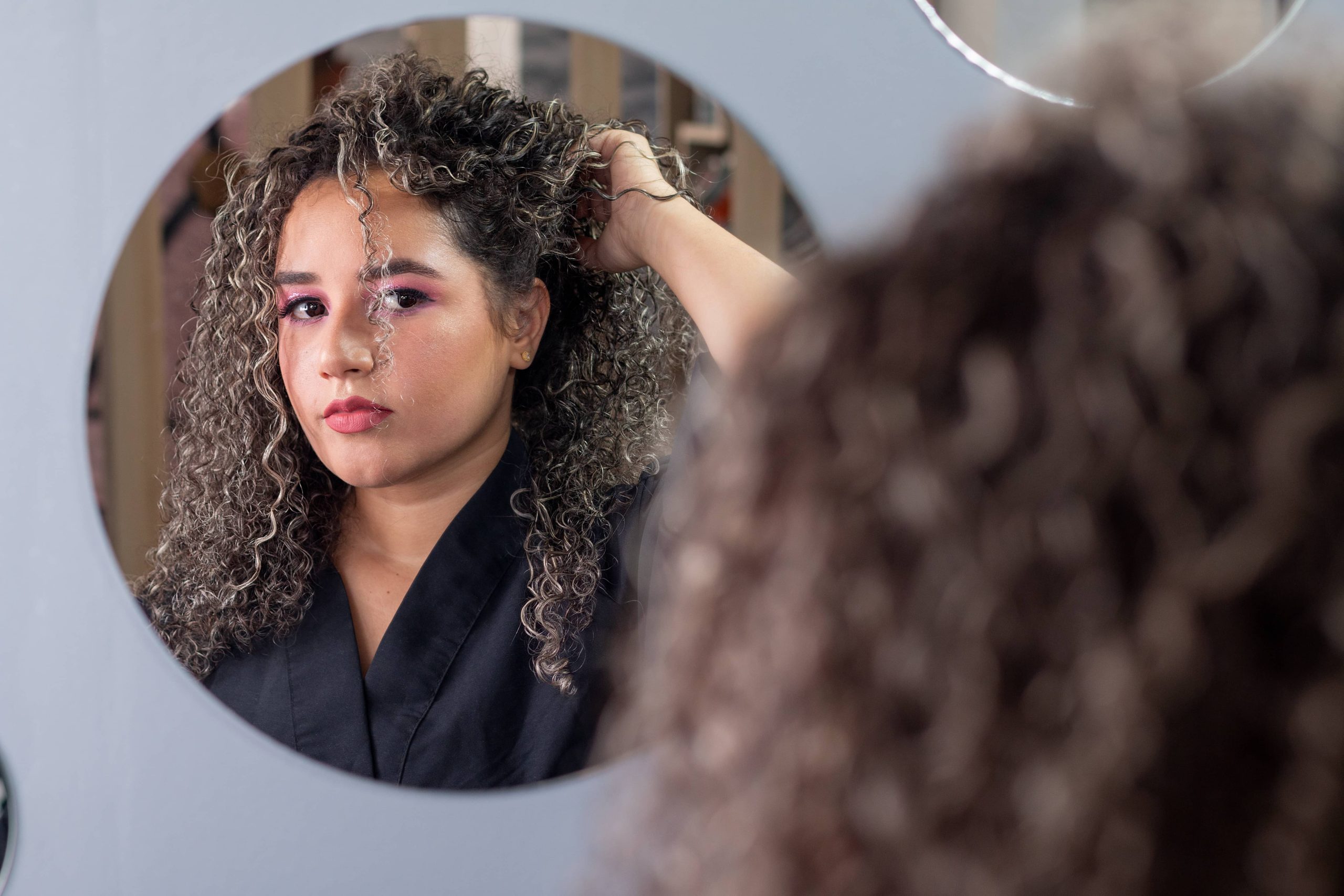
Hair loss can be an incredibly frustrating experience. Whether it’s a gradual thinning or a sudden loss, it affects not just your physical appearance but also your self-esteem. The culprit could be many things, but one significant factor is Dihydrotestosterone (DHT). DHT is an androgen hormone that contributes to hair loss by attaching itself to hair follicle receptors, leading to their miniaturization and eventual loss. While there are numerous treatments available for managing DHT-related hair loss, vitamins play a pivotal role in restoring and maintaining healthy hair. Here, we explore seven effective vitamins known to help restore lost hair by blocking DHT naturally.
1. Vitamin A
Vitamin A is known for promoting healthy cell growth, which includes the crucial cells related to hair health. Deficiency in this vitamin can result in dry, brittle hair, or even hair loss. Retinoids, compounds derived from Vitamin A, have been shown to trigger the activation of certain genes responsible for hair growth. Moreover, Vitamin A stimulates the sebaceous glands to produce sebum, an oily substance that moisturizes the scalp, keeping hair shiny and healthy. While Vitamin A is essential for hair health, it’s crucial not to overconsume it, as too much can have the opposite effect, leading to hair loss.
2. B-Vitamins
B-Vitamins are often touted as hair superheroes, and for good reason. Particularly biotin (Vitamin B7), it plays a significant role in the production of keratin, the protein that makes up our hair, skin, and nails. Biotin is often used as a treatment for hair loss, although more research is needed to confirm its efficacy. Other B-Vitamins, like Niacin (Vitamin B3) and Cobalamin (Vitamin B12), aid in increasing blood flow to the scalp, transporting essential nutrients to the hair follicles, encouraging growth, and potentially inhibiting DHT production.
3. Vitamin C
An often-overlooked vitamin, Vitamin C is crucial for absorbing iron – an essential mineral for hair growth. Vitamin C is a potent antioxidant that protects hair follicles from damage by free radicals. Free radicals can obstruct hair growth, leading to thinning and hair loss. By keeping the hair follicles healthy, Vitamin C aids in warding off hair loss. Moreover, it supports the production of collagen, a vital protein for hair growth and structure.
4. Vitamin D
Vitamin D is essential for creating new hair follicles, which are tiny pores from which new hair grows. Research suggests that a lack of Vitamin D in the body can lead to hair loss. Vitamin D helps block DHT at the follicular site, creating optimal conditions for hair regrowth. Sun exposure is an excellent way to get Vitamin D, but it can also be sourced from foods like fatty fish, cod liver oil, and fortified products.
5. Vitamin E
Similar to Vitamin C, Vitamin E possesses antioxidant properties that prevent oxidative stress, a problem that causes hair follicles to shrink and hair to fall out. A study found that people experiencing hair loss showed an increase in hair growth of nearly 34.5% after supplementing with tocotrienol, a form of Vitamin E found particularly in tocopherol-rich oils. Vitamin E’s ability to restore and regenerate damaged hair follicles makes it a staple in many hair care regimens.
6. Zinc
While technically a mineral, Zinc works much like a vitamin when it comes to hair health. It plays a crucial role in hair tissue growth and repair. Zinc also helps keep the oil glands around the follicles working properly, which could aid in DHT suppression. A zinc deficiency can lead to hair shedding, but having too much zinc can do the same. Thus, it’s vital to balance your intake; foods like meat, shellfish, legumes, and seeds can help meet your zinc requirements naturally.
7. Omega-3 and Omega-6
Again, these are technically fatty acids rather than vitamins, but their role in promoting hair health is significant. Omega-3 and Omega-6 have anti-inflammatory properties that can aid in opening up hair follicles and promoting hair growth. They provide essential proteins and nutrients to hair follicles and skin, boost circulation, and help to block the effects of DHT. Foods like fatty fish, walnuts, and flaxseeds are great sources. Supplementing with these can show significant improvements in hair growth and scalp condition, even reversing the damage caused by hair loss over time.
Conclusion
While these vitamins are effective in promoting hair health and blocking DHT, it is essential to remember that supplements should complement a balanced diet and a healthy lifestyle. Balanced nutrition, regular exercise, and stress management are crucial for maintaining your hair’s health. Before starting any new supplement regime, consulting a healthcare professional can guide you towards personalized and effective solutions for your hair loss concerns.
Incorporating these vitamins into your daily routine can pave the path to healthier, fuller hair, offering a natural, side-effect-free way to combat DHT-related hair loss. Remember, consistency is key, and results can take time. Here’s to happy, healthy hair days ahead!
